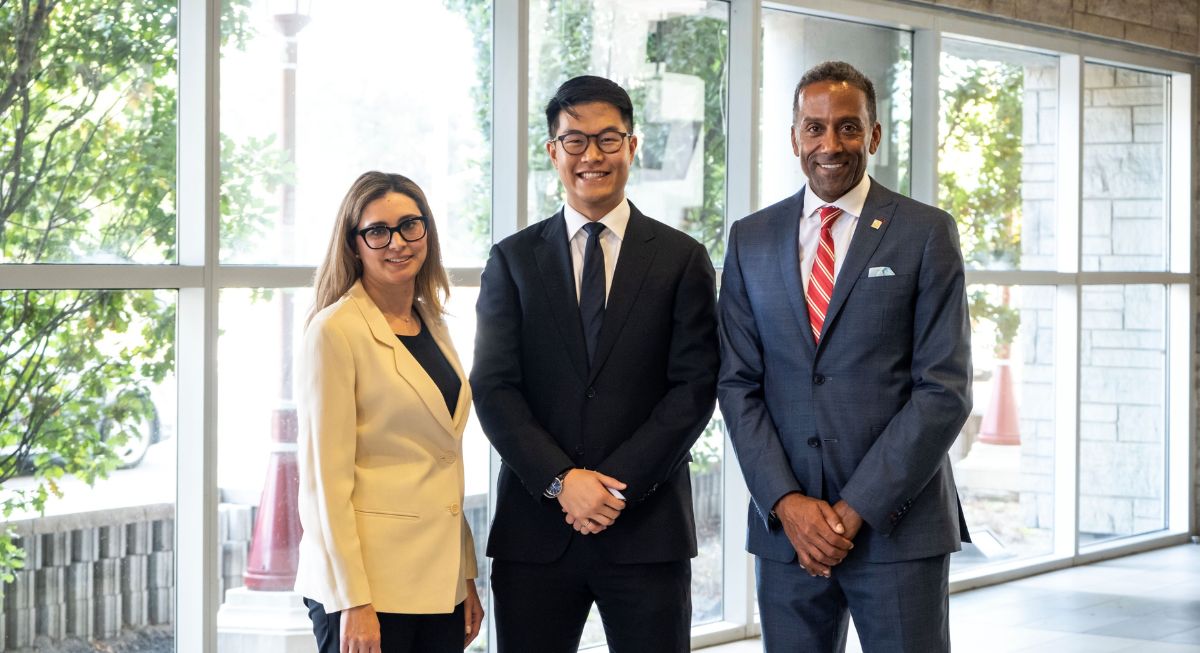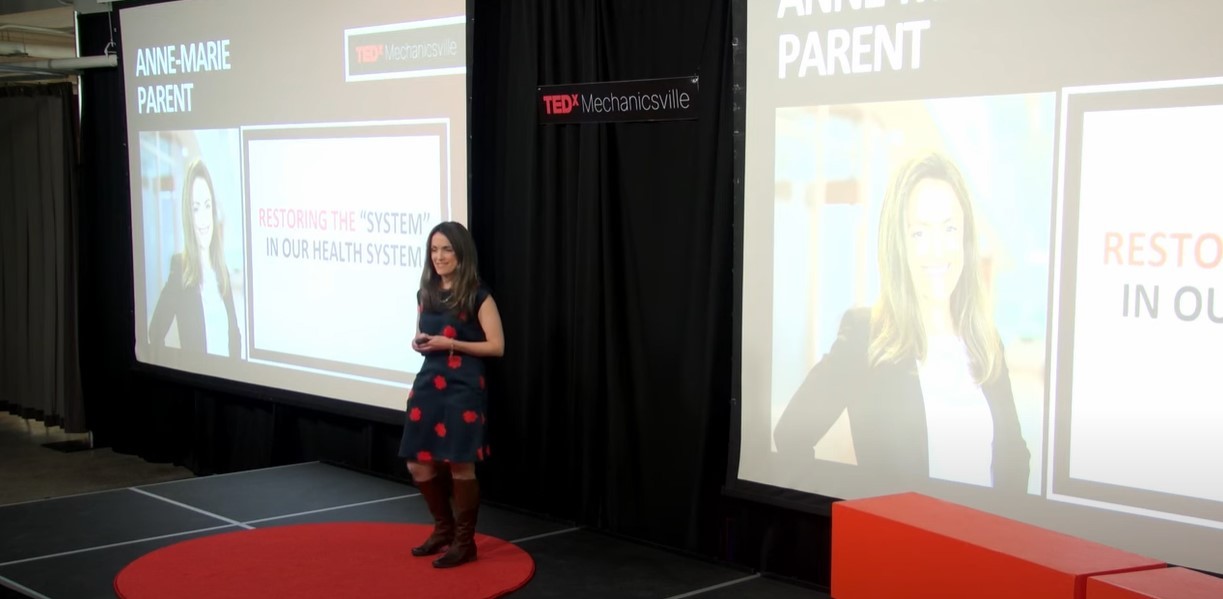Adults over 65 represent a rapidly increasing portion of Canada’s population. This presents unique challenges for social and health-care services, with a growing demand for long-term care (LTC) facilities.
While LTC homes offer around-the-clock essential services, they often struggle to provide adequate care. Assistive technologies (e.g., robots, sensors, social interaction technologies) that enhance mobility and functional independence, and support social engagement and wellbeing, could address the challenges in the sector.
To evaluate the factors influencing the adoption of assistive technologies in long-term care facilities, Professor Mirou Jaana has been awarded a Social Sciences and Humanities Research Council Insight Grant for her project titled “Assistive technology innovations in long-term care organizations: Unveiling the realities of a complex environment.”
Statistics Canada estimates that the proportion of older adults will increase by 68% in the next 20 years. However, significant demand and lack of adequate resources in LTC homes can often lead to fatigue and burnout among health-care providers. We saw the effects of this during COVID-19. There’s a clear need for assistive technologies, but they haven’t been effectively adopted nor implemented.
“Although long-term care may appear to be associated with only one portion of the society, in reality, it will affect every one of us at some point directly or indirectly through family and friends,” says Jaana. “The current situation is far from ideal: long waitlists, increasing demand for services, unmet needs, social isolation, drained workforce, small budgets and limited resources. Change can only happen by (embracing) new ideas and practices.”
Jaana adds: “Technological innovations can present a ‘decompression valve’ for LTC as it struggles to meet the increasing demand.”
Examining barriers and outcomes
Jaana will examine barriers to adopting assistive technology in LTC homes from the perspective of key stakeholders, including older adults, caregivers and health-care providers. She also will look at the extent of assistive technology use in long-term care and its association with organizational and management characteristics, residents’ health outcomes and quality of life. In the process, she’ll examine the holistic factors that may facilitate or hinder the use of assistive technologies.
Jaana’s study results could provide evidence for the LTC sector to advocate for policy and funding changes, and to partner with technology providers. As the adult population ages, the impact will be felt across all sectors. Assistive technologies may offer a solution to mitigate these effects.











